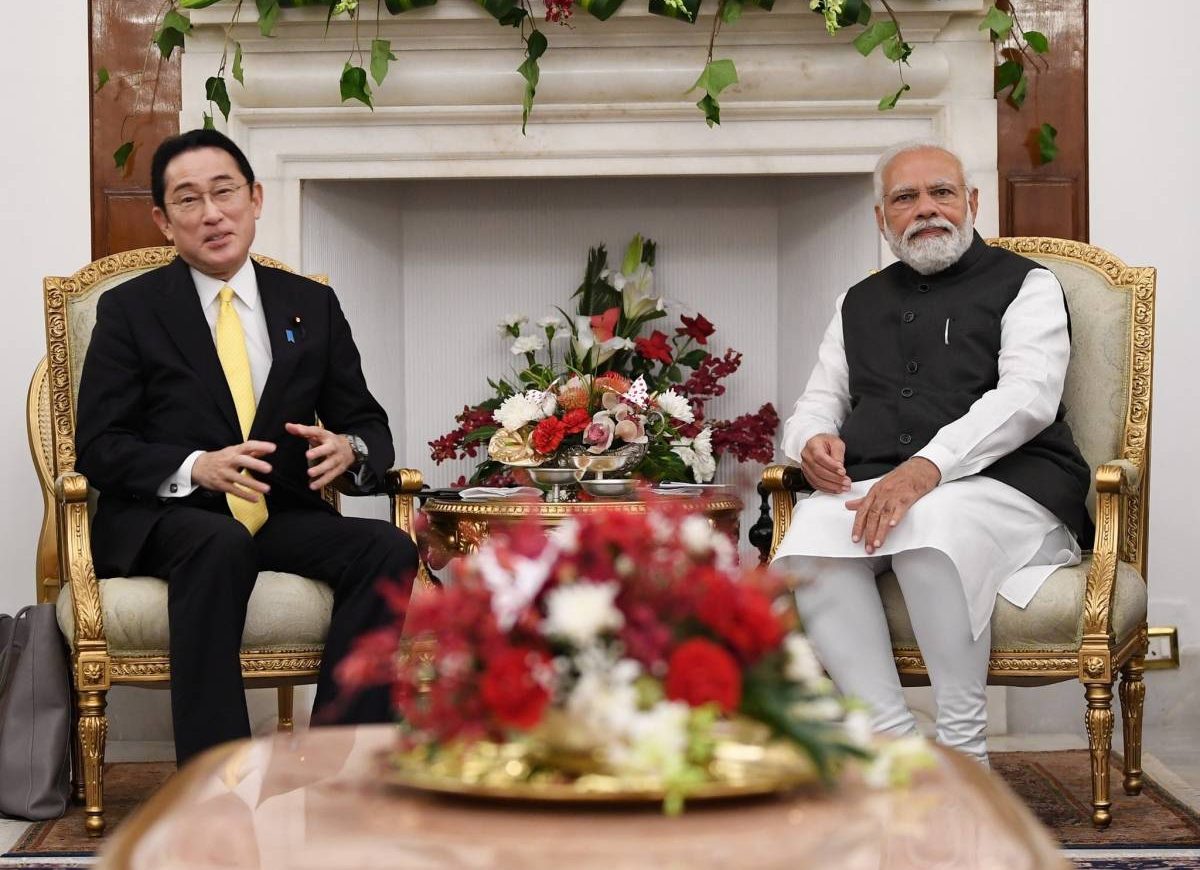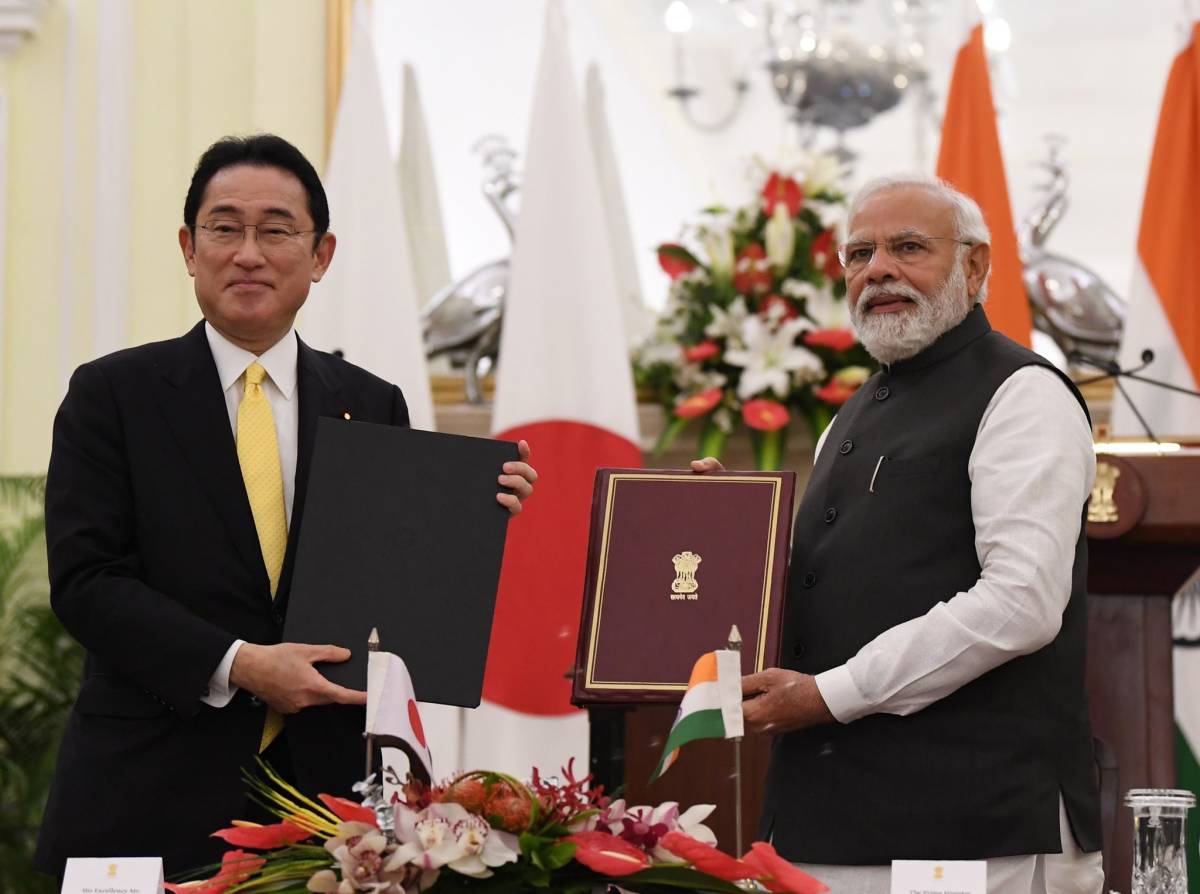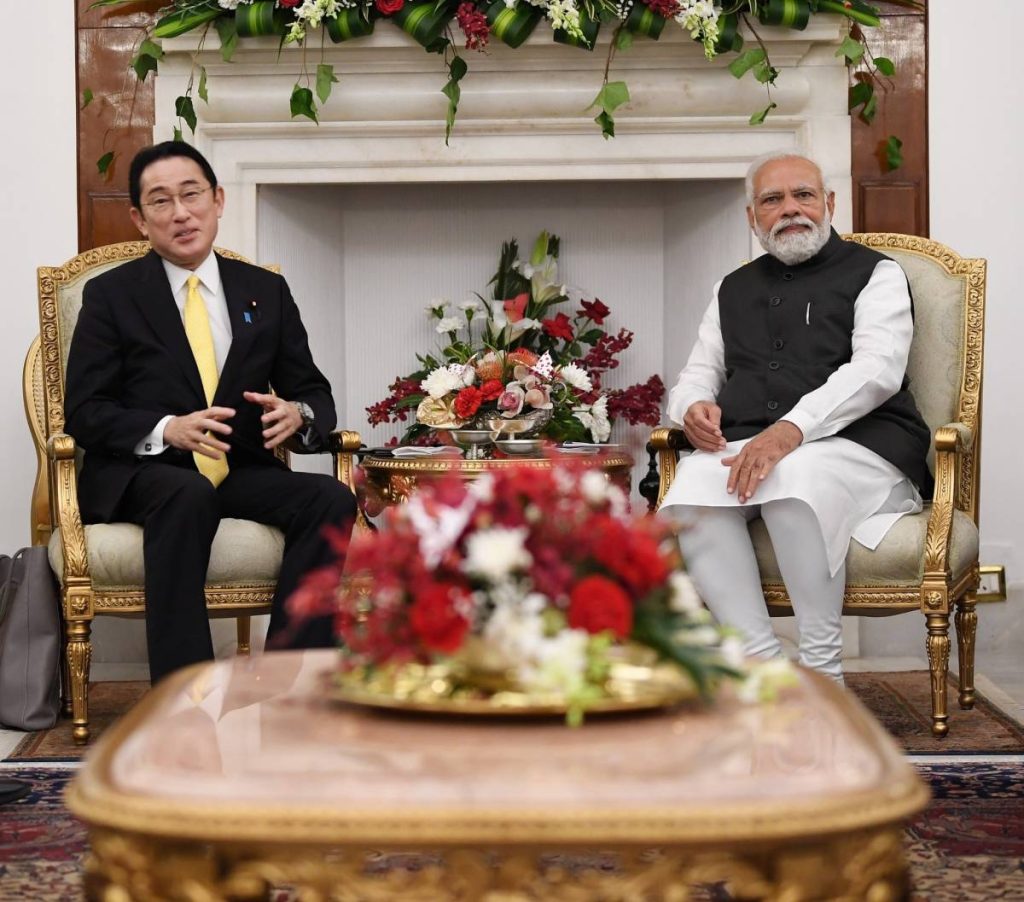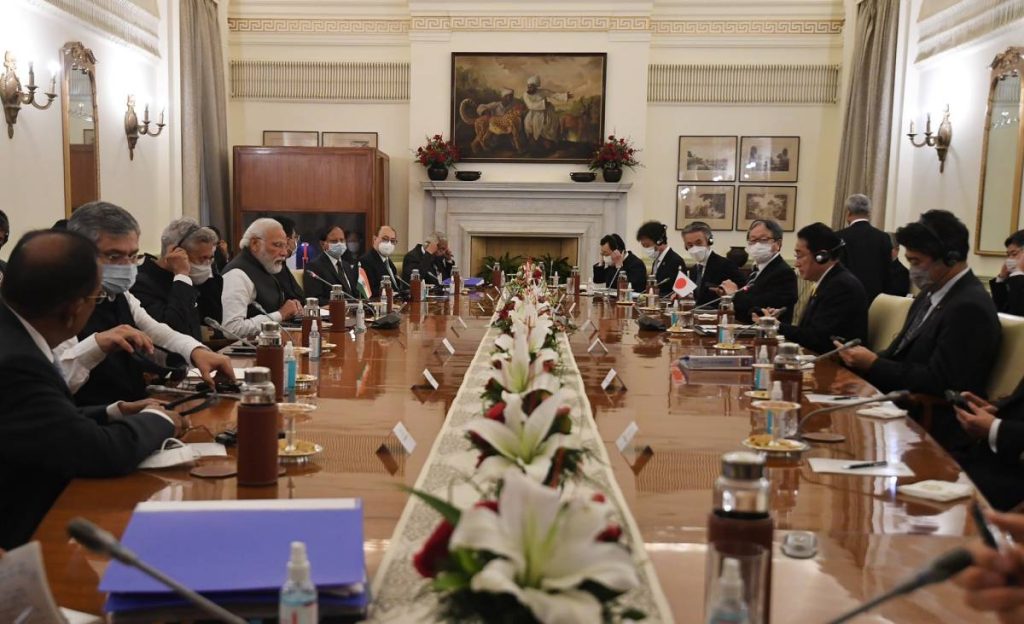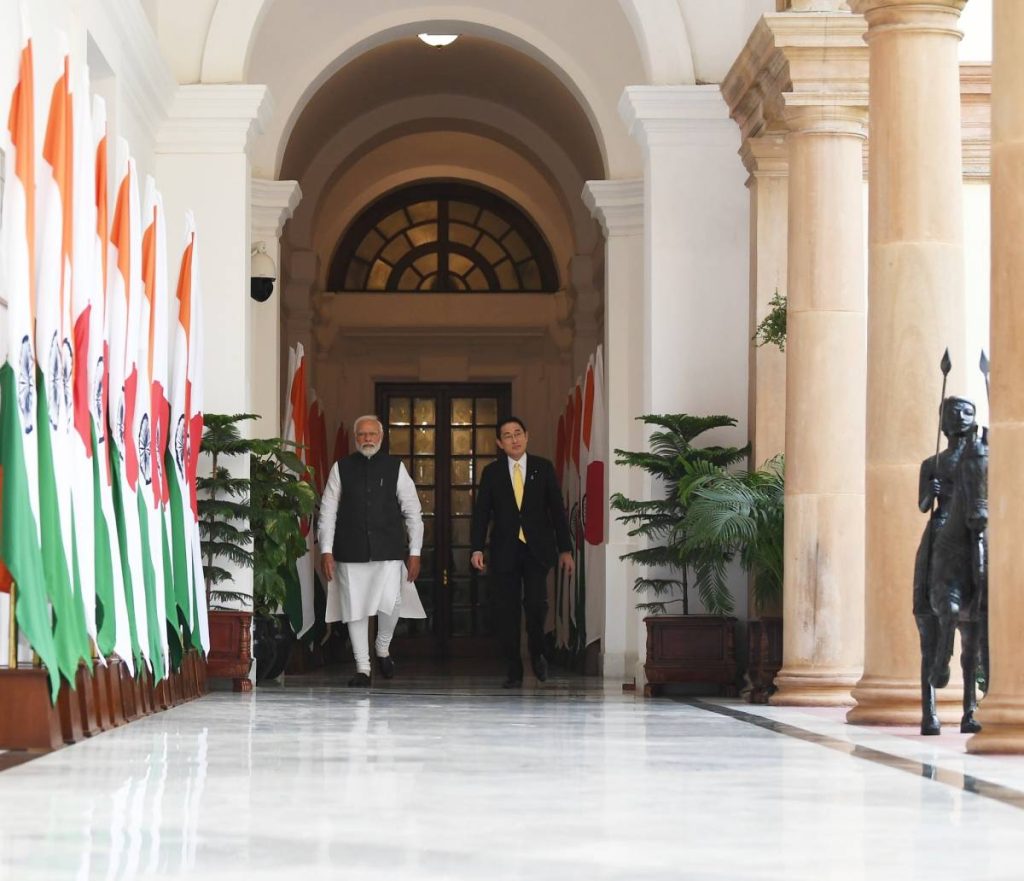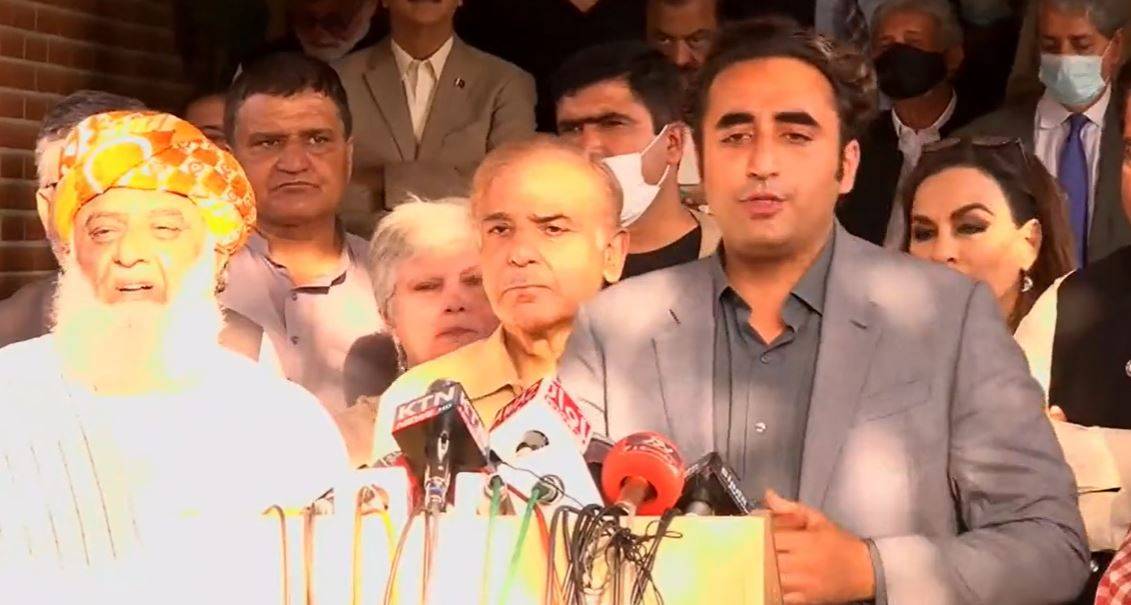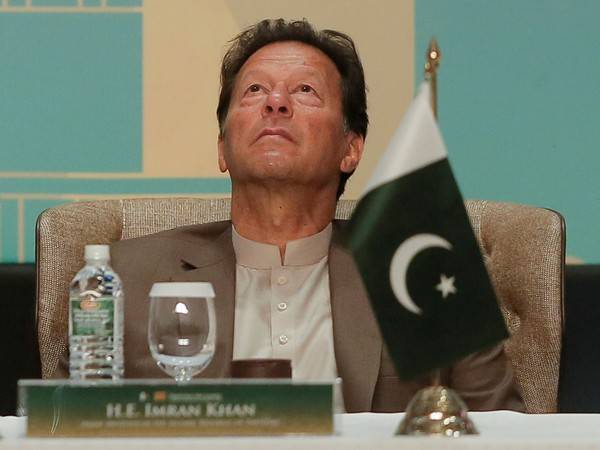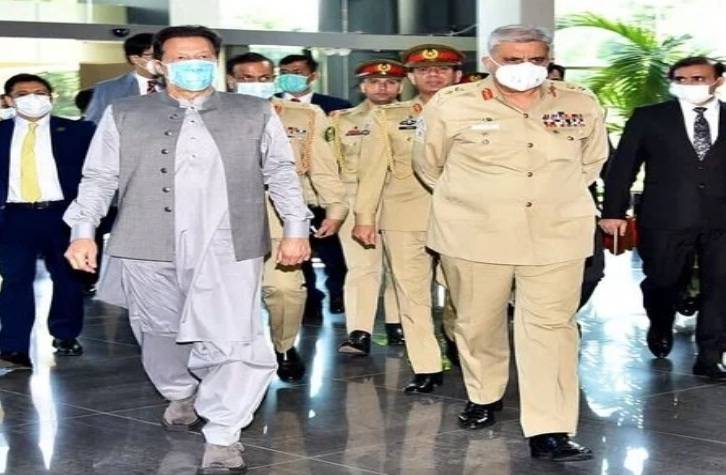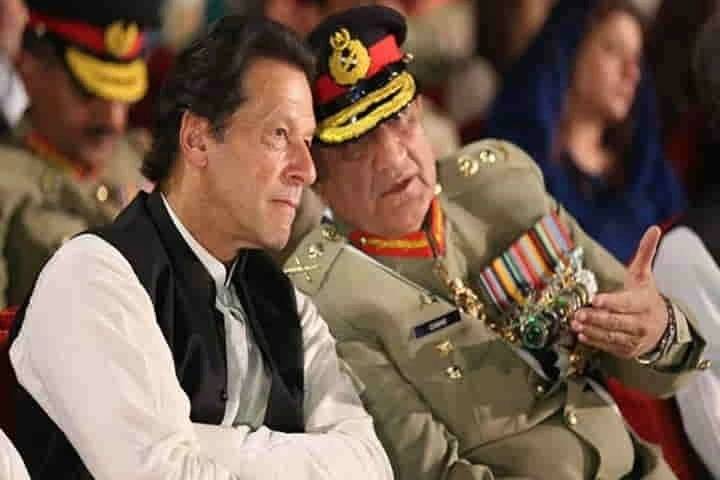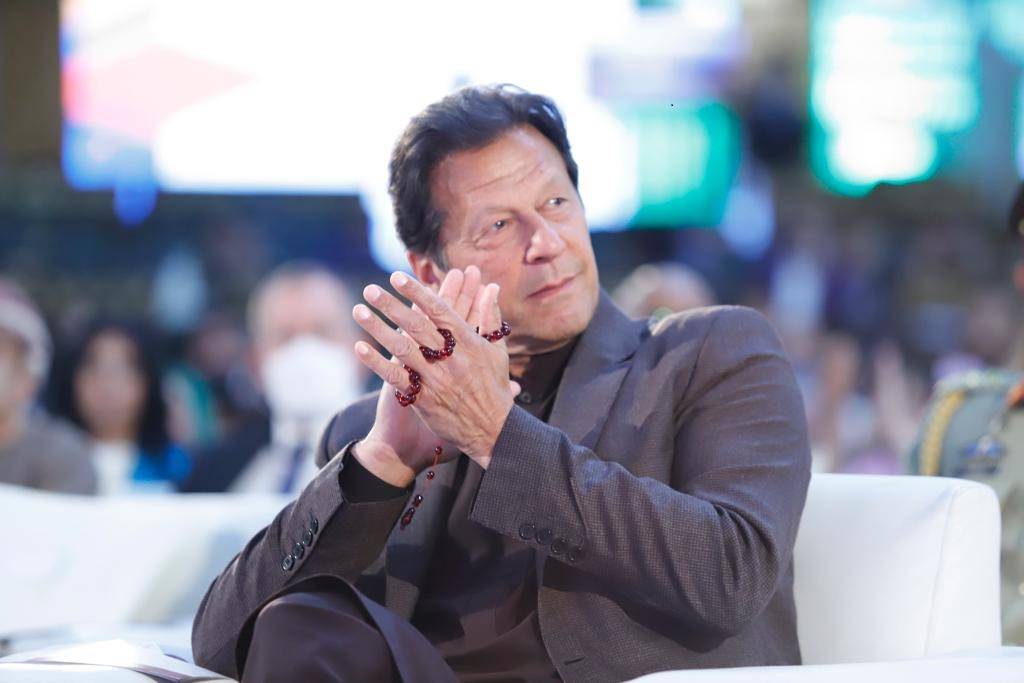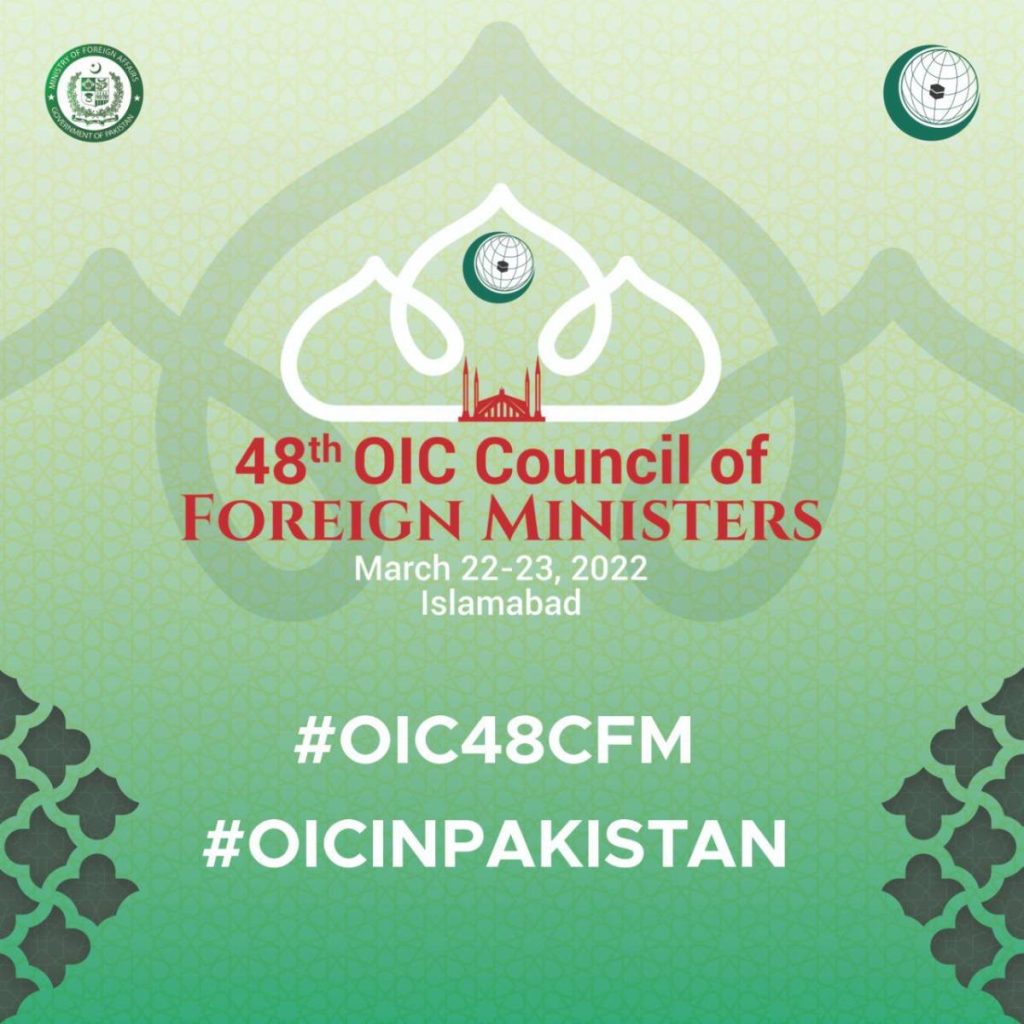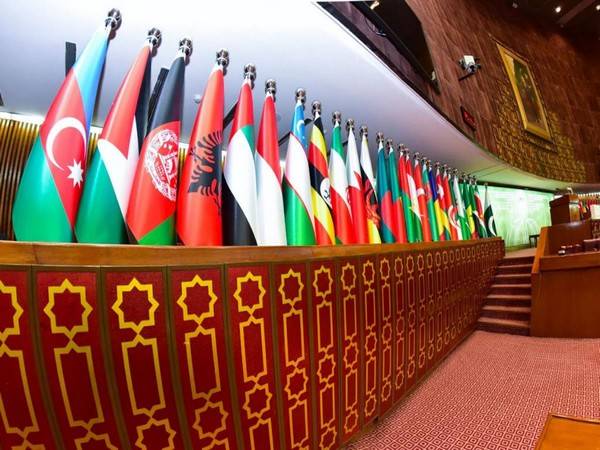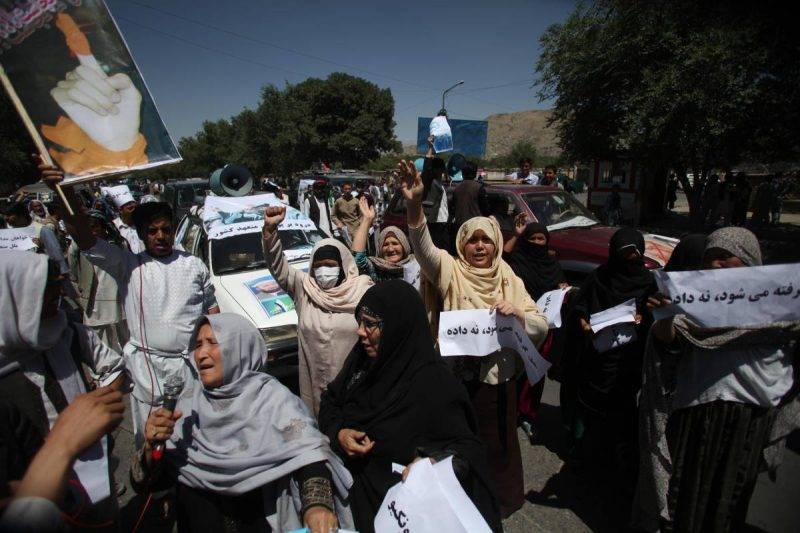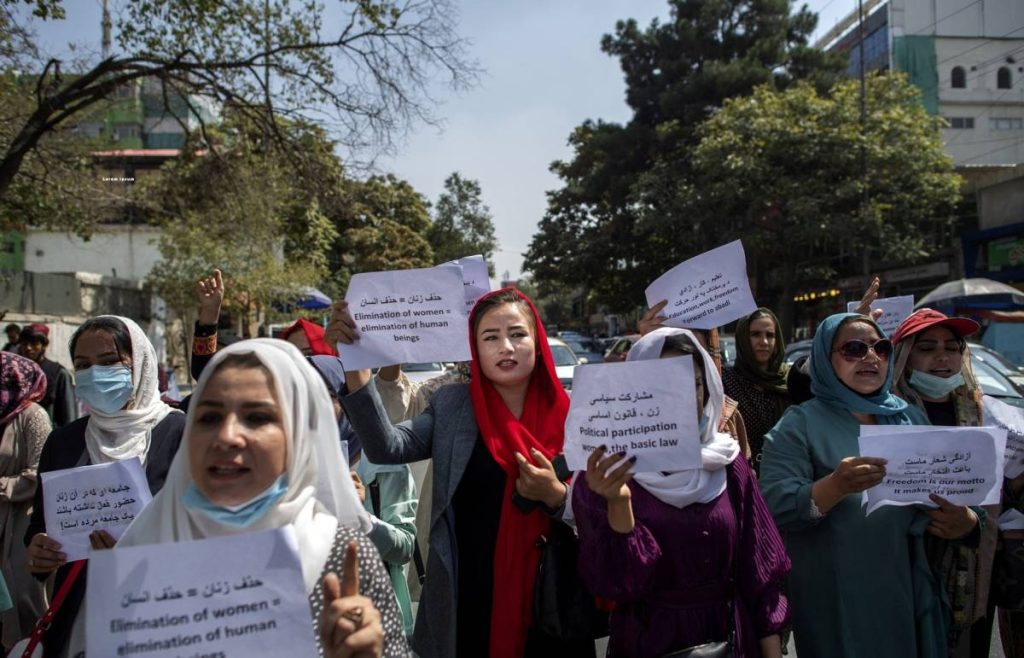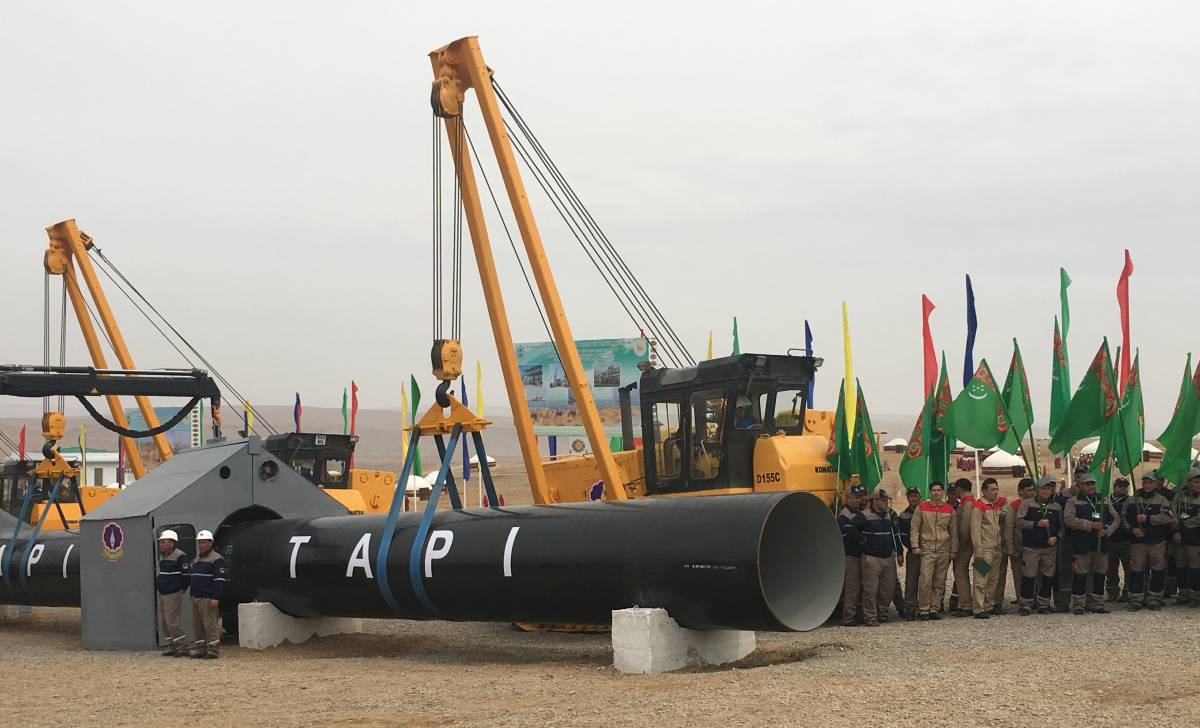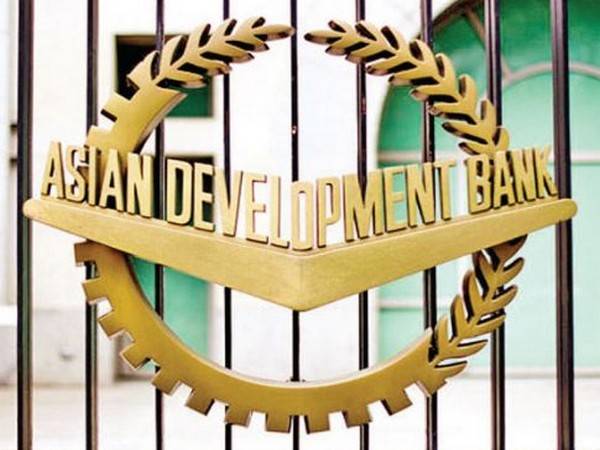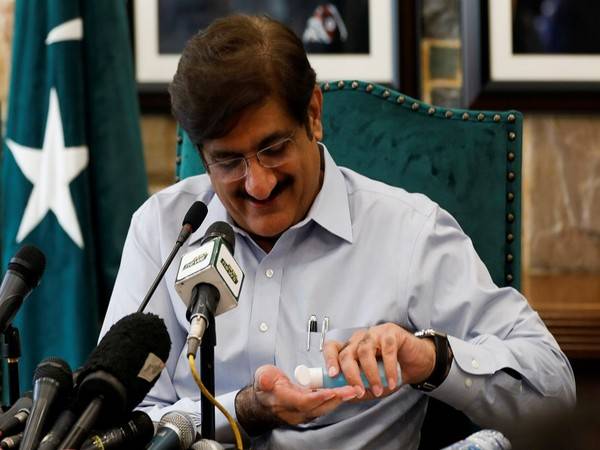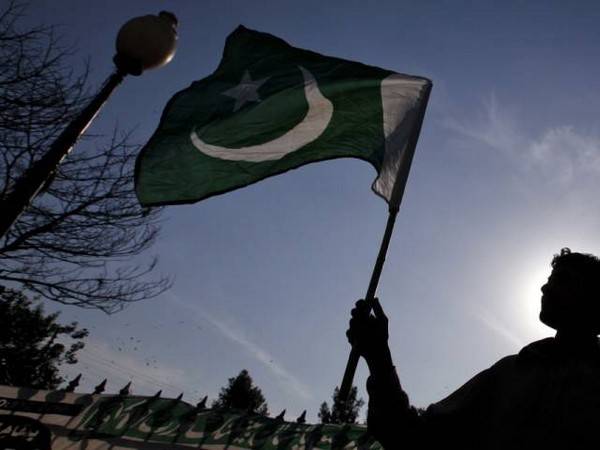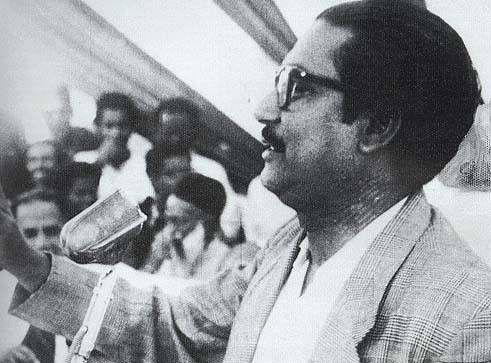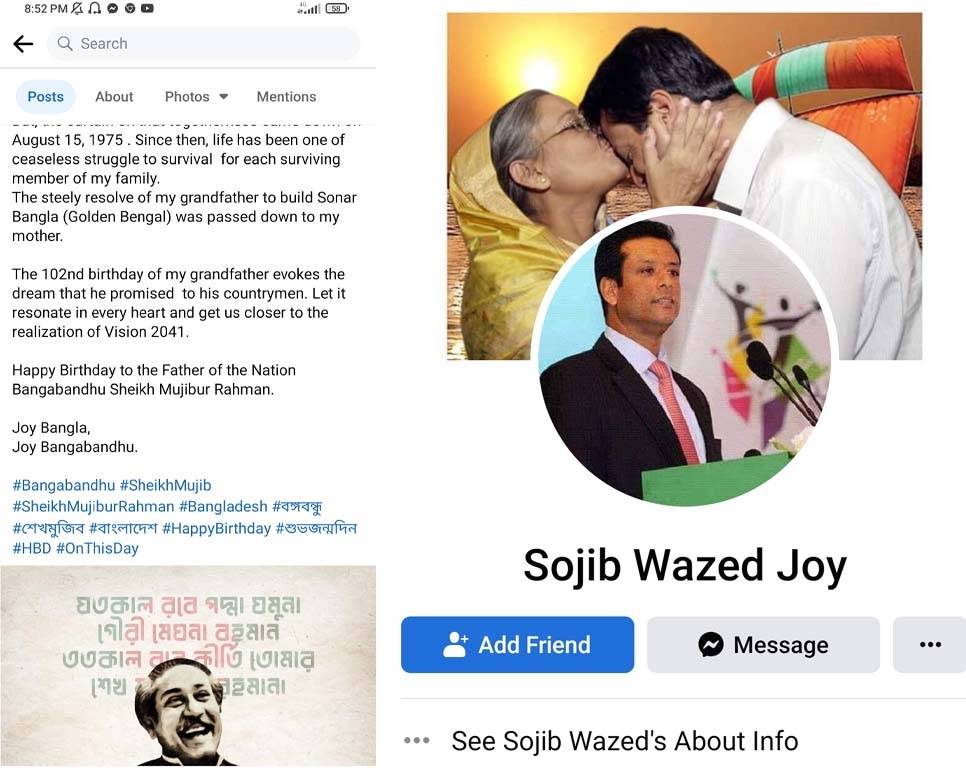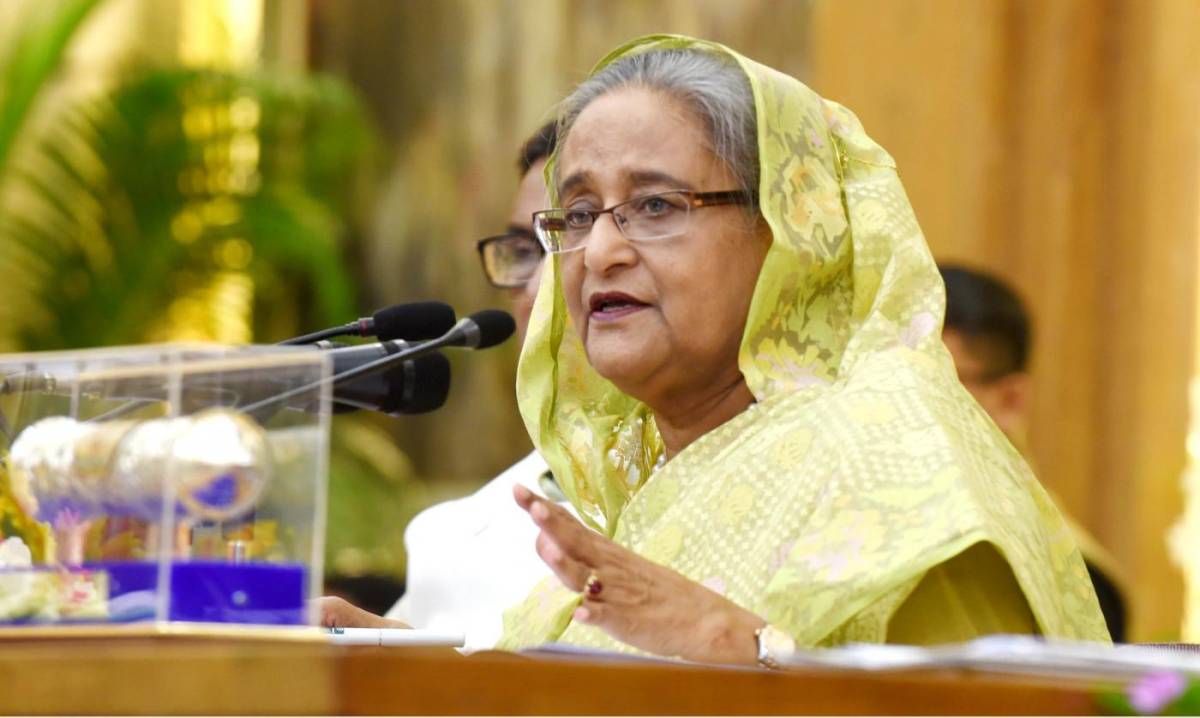Kishida condemned North Korea’s ballistic missile launches, saying that they are destabilising the region, reports Asian Lite News
Amid threats from nuclear weapons in the Indo-Pacific region, Prime Minister Narendra Modi and his Japanese counterpart Fumio Kishida on Saturday discussed North Korea’s destabilising ballistic missile launches in violation of United Nations Security Council (UNSC) resolutions.
Kishida condemned North Korea’s ballistic missile launches, saying that they are destabilising the region.
The Japanese PM is in New Delhi on a two-day visit to take part in the 14th India-Japan annual summit.
In a joint statement, both the countries reaffirmed their commitment to the complete denuclearisation of North Korea, consistent with the relevant UNSC resolutions, and the importance of addressing the concerns related to North Korea’s proliferation linkages.
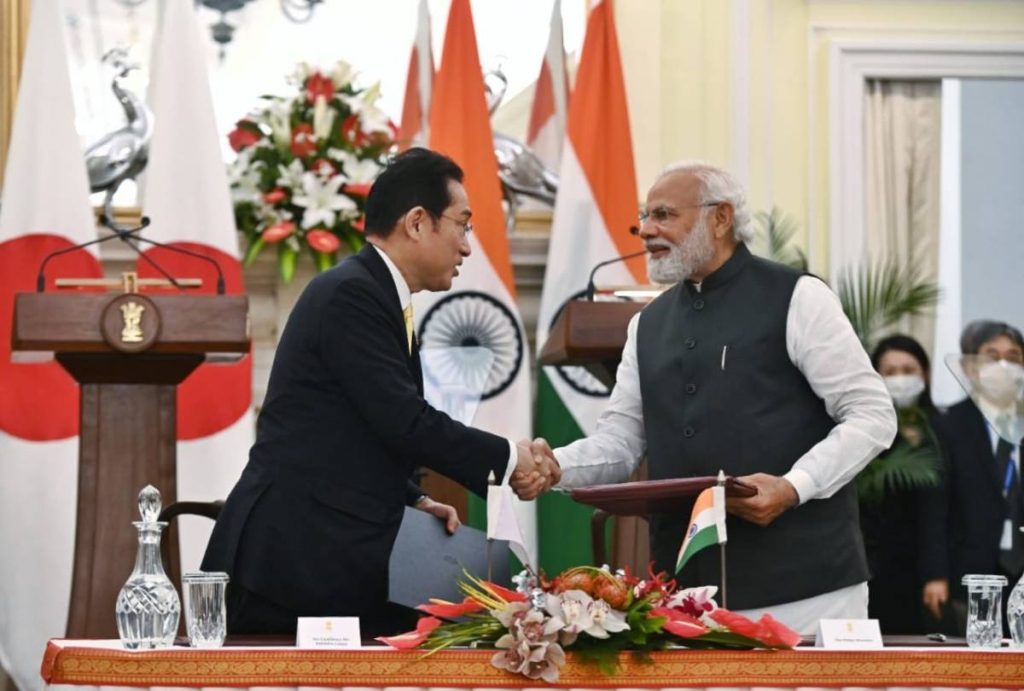
They urged North Korea to fully comply with its international obligations under the relevant UNSC resolutions, and to immediately resolve the abduction issue.
The Prime Ministers also reaffirmed their intention to collaborate closely to realise peace and stability in Afghanistan, and stressed the importance of addressing all humanitarian crisis, promoting human rights and ensuring establishment of a truly representative and inclusive political system.
“They also reaffirmed the importance of UNSC resolution 2593 (2021) which unequivocally states that the Afghan territory should not be used for sheltering, training, planning or financing terrorist acts, and called for concerted action against all terrorist groups, including those sanctioned by the UNSC,” the joint statement said.
South China Sea
Amid threat in the Indo-Pacific region, both leaders have discussed the security challenges in the South China Sea.
Kishida welcomed the Indo-Pacific Oceans’ Initiative (IPOI) announced by Modi in 2019.
Both Prime Ministers acknowledged the growing space for cooperation between the IPOI and Free and Open Indo-Pacific (FOIP). India appreciated Japan’s participation as a lead partner on the connectivity pillar of IPOI.

They reiterated their strong support for ASEAN’s unity and centrality and their full support for the “ASEAN Outlook on the Indo-Pacific (AOIP)” which upholds the principles such as the rule of law, openness, freedom, transparency and inclusiveness.
The Prime Ministers emphasised that India and Japan, as two leading powers in the Indo-Pacific region, had a shared interest in the safety and security of the maritime domain, freedom of navigation and overflight, unimpeded lawful commerce and peaceful resolution of disputes with full respect for legal and diplomatic processes in accordance with international law.
They reaffirmed their determination to continue prioritizing the role of international law, particularly the United Nations Convention on the Law of the Sea (UNCLOS), and facilitate collaboration, including in maritime security, to meet challenges against the rules-based maritime order in the East and South China Seas.
They emphasized the importance of non-militarisation and self-restraint.
They further called for the full and effective implementation of the Declaration on the Conduct of Parties in the South China Sea and the early conclusion of a substantive and effective Code of Conduct in the South China Sea in accordance with international law, especially UNCLOS, without prejudice to the rights and interests of all nations including those not party to these negotiations.
ALSO READ: Japan to invest $42 billion in India over next 5 years

